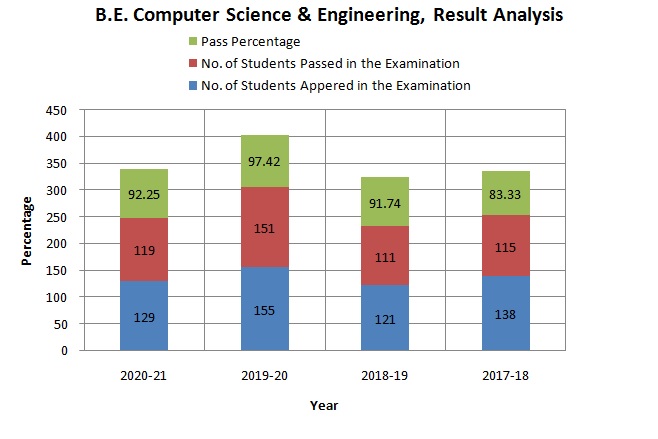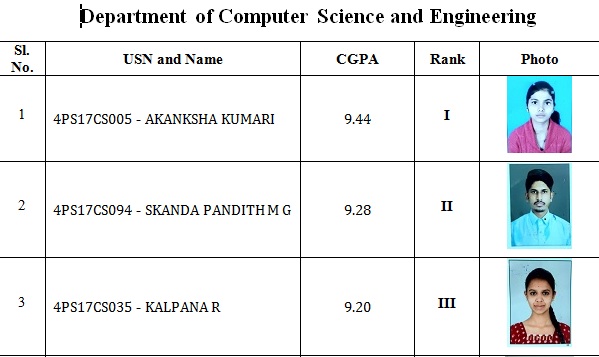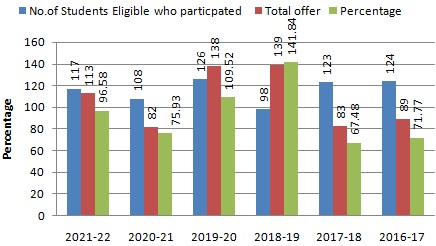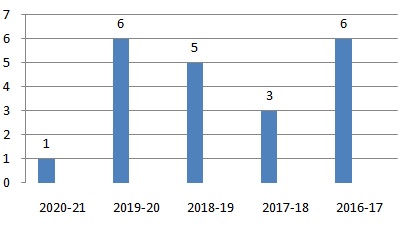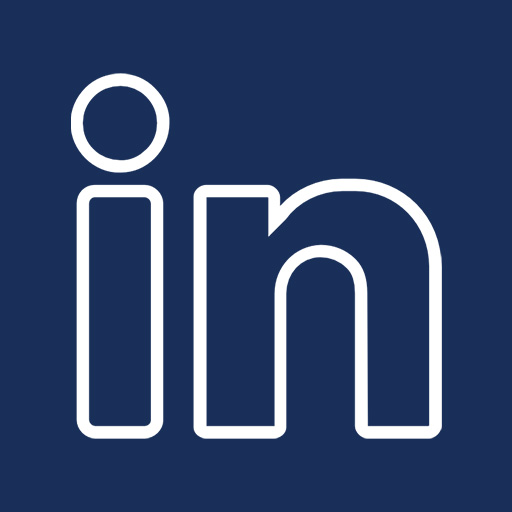About Program Overview
PESCE takes pride to launch in partnership with India’s leading IT Service and Consulting Company – TCS, an industry ready BE Programme titled Computer Science and Business Systems (CSBS) in Academic year 2023-2024 with an intake of 60, to cater to the rising need of engineering talent with skills in Business Systems. The state of-the-art programme aims to impart knowledge of cutting-edge technologies and business skills to help the students be industry-ready. Emphasizing hands-on learning through state-of-the-art facilities, industry partnerships, the department fosters a learning environment that nurtures technical proficiency, strategic thinking, and ethical leadership. Its commitment to research, collaboration, and professional development ensures that graduates are well-prepared to drive technological advancements and contribute meaningfully to both business and society. The Department bridges the gap between technology and business, offering a unique interdisciplinary education that prepares students for the multifaceted challenges of the digital age. The programme in collaboration with TCS aims to expose students not only to the core topics of Computer Science but also develop an equal understanding of humanities, human values and management sciences. The programme is an apt choice for students aspiring to be business leads in the IT industry.
Total Intake(CS&E department)
240
Total Intake(CS&E (AI & ML))
60
Total Intake(CS&E (Data Science))
60
Total Intake(Computer Science & Business Systems )
60
Program Type
UG
Duration
4 Years
Academic programs offered
UG Program
PG Program
- M. Tech Programme in Computer Science and Engineering with approved intake of 18 students.
- M.Sc. (Engineering) by research
Research Program
- Ph.D.
Vision
“The Department aspires to cultivate a community of globally skilled, ethically sound, socially responsible and Industry-ready engineers through a holistic education approach."
Mission
The Department of Computer Science and Business Systems is committed to
- M1: Adopt best practices in teaching and learning by leveraging dedicated faculty, state-of-the-art infrastructure and comprehensive curriculum to deliver high-quality industry relevant education.
- M2: Strengthen industry partnerships to offer students hands-on experience, internships, mentorship and projects that enhance employability and address evolving societal needs.
- M3: Inculcate ethical values, entrepreneurial skills, product development mindset and business acumen to produce globally competent and responsible professionals ready to serve society.
- M4: To nurture lifelong learning practices and professional development to embrace technological innovation, navigate evolving business landscapes, engage in research and creative problem-solving.
Program Educational Objectives (PEOs)
Graduates of the program will be able to
- Demonstrate leadership and innovation in their professional careers by effectively integrating computer science principles with business systems to solve complex real-world problems.
- Engage in continuous professional development and lifelong learning to stay abreast of evolving technologies and business practices, ensuring sustained career growth and adaptability in a dynamic environment.
- Uphold high ethical standards and demonstrate social responsibility in their professional endeavors, contributing to sustainable development and the betterment of society.
- Excel in effective communication and teamwork, to collaborate successfully with interdisciplinary teams and stakeholders in a global business context.
Program Outcomes (POs)
Engineering Graduates will be able to
- PO1: Engineering knowledge: Apply the knowledge of mathematics, science, engineering fundamentals, and an engineering specialization to the solution of complex engineering problems.
- PO2: Problem analysis: Identify, formulate, review research literature, and analyze complex engineering problems reaching substantiated conclusions using first principles of mathematics, natural sciences, and engineering sciences.
- PO3: Design/development of solutions: Design solutions for complex engineering problems and design system components or processes that meet the specified needs with appropriate consideration for the public health and safety, and the cultural, societal, and environmental considerations.
- PO4: Conduct investigations of complex problems: Use research-based knowledge and research methods including design of experiments, analysis and interpretation of data, and synthesis of the information to provide valid conclusions.
- PO5: Modern tool usage: Create, select, and apply appropriate techniques, resources, and modern engineering and IT tools including prediction and modeling to complex engineering activities with an understanding of the limitations.
- PO6: The engineer and society: Apply reasoning informed by the contextual knowledge to assess societal, health, safety, legal and cultural issues and the consequent responsibilities relevant to the professional engineering practice.
- PO7: Environment and sustainability: Understand the impact of the professional engineering solutions in societal and environmental contexts, and demonstrate the knowledge of, and need for sustainable development.
- PO8: Ethics: Apply ethical principles and commit to professional ethics and responsibilities and norms of the engineering practice.
- PO9: Individual and team work: Function effectively as an individual, and as a member or leader in diverse teams, and in multidisciplinary settings.
- PO10: Communication: Communicate effectively on complex engineering activities with the engineering community and with society at large, such as, being able to comprehend and write effective reports and design documentation, make effective presentations, and give and receive clear instructions.
- PO11: Project management and finance: Demonstrate knowledge and understanding of the engineering and management principles and apply these to one's own work, as a member and leader in a team, to manage projects and in multidisciplinary environments.
- PO12: Life-long learning: Recognize the need for, and have the preparation and ability to engage in independent and life-long learning in the broadest context of technological change.
Program Specific Outcomes (PSOs)
The Under Graduate (UG) of B.E Computer Science & Business System Program has defined Program Specific Outcomes (PSO) which are listed below.
- PSO-1: Ability to apply critical thinking and problem-solving skills to develop software solutions using foundational knowledge of computer science, mathematics, science, management and humanities.
- PSO-2: Train students with knowledge and practical skills in Systems Informatics courses and application development, empowering them to excel as techno-managerial professionals, entrepreneurs, researchers and lifelong learners.
| Name of Technical Staff | Designation | Qualification | Work Experience (Yrs.) |
|---|---|---|---|
| Deepthi raj C R | SDA With Computer Operator | B.sc (CBZ) | 5 Months |
| Bhavya P | Helper | SSLC | 8 Months |
| Name | Guide Name | Title of Research | Date of Final Viva Completed |
|---|---|---|---|
| Dr.Geethanjali T M | Dr. Minavathi and Dr. Dinesh M S | Deep Learning Techniques for Organ Segmentation on Computed Tomography Images | Nov. 2023 |
| Name | Guide Name | University/Research Center | Topic Status |
|---|---|---|---|
| Puttaswamy B S | Dr Thillaiarasu N | Reva University | Thesis need to be Submitted |
| Shilpa S | Dr. Prabha R | VTU | Open Seminar Completed |
| Research Scholar | Title | Status | Details Link |
|---|
| Application Number | Title | Faculty | Status |
|---|---|---|---|
| 6420157 | SMART KITCHEN WASTE DISPOSAL UNIT | Dr. Geethanjali T M | Published |
| Project Title | Year | Funding Agency | Amount (Rs.) | Status |
|---|
